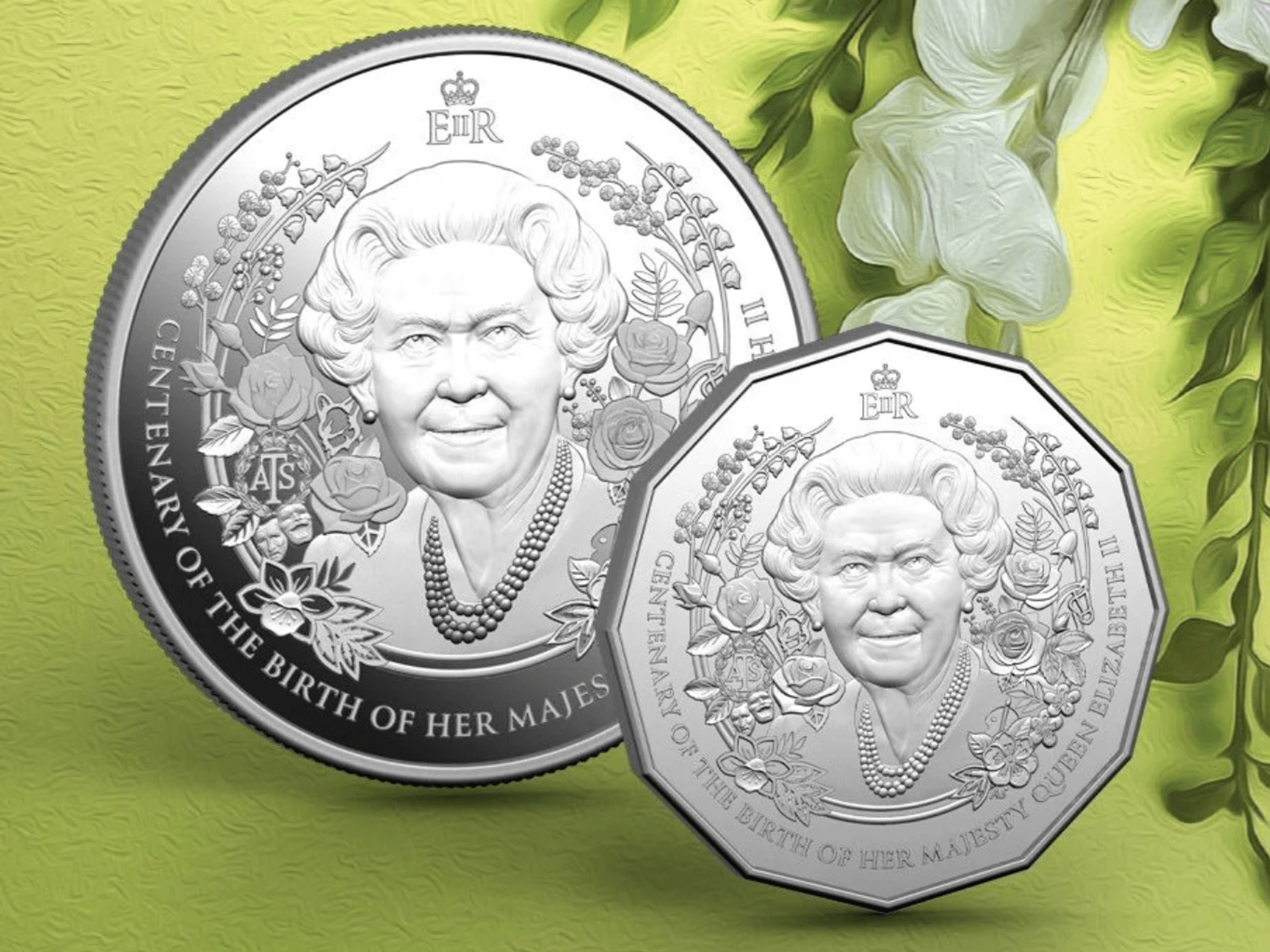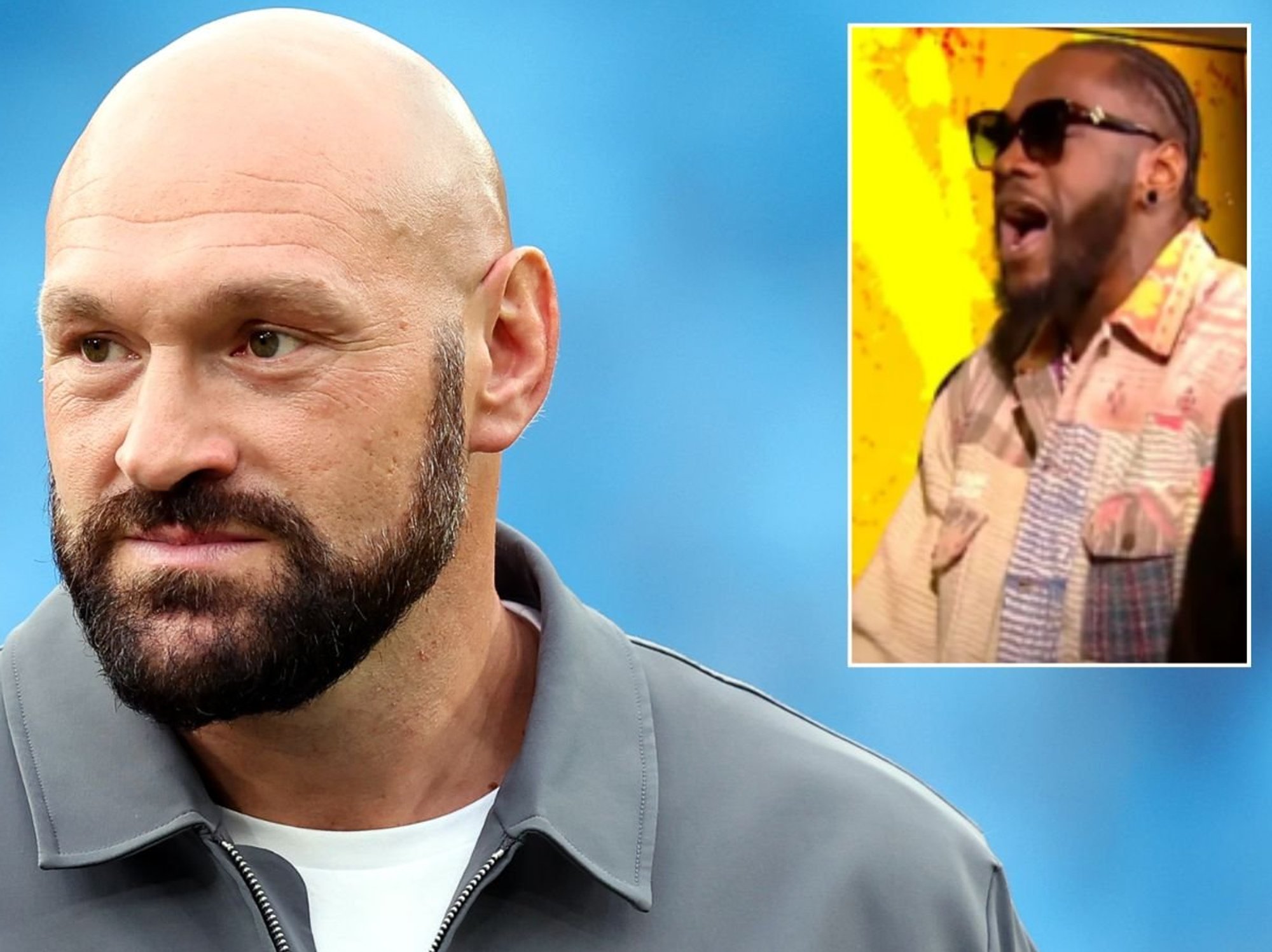Culture warriors are by their nature destructive, says Andrew Doyle
Andrew Doyle gives his views on 'destructive culture warriors'
|
By Andrew Doyle
Published: 19/03/2023
- 23:05Updated: 20/03/2023
- 07:41They believe that our society is broken - that it is irredeemably racist, sexist, homophobic, transphobic, and all the other phobias that they invent – and that it must be demolished and reconstructed from scratch.
Don't Miss
Most Read
Culture warriors are by their nature destructive. They believe that our society is broken - that it is irredeemably racist, sexist, homophobic, transphobic, and all the other phobias that they invent – and that it must be demolished and reconstructed from scratch.
Culture warriors believe that the ongoing project of social liberalism has failed, and that we need to implement new authoritarian measures to fix society of its ailments.
This includes restrictions on freedom of speech, and sometimes even compelled speech. They believe that children ought to be taught new pseudo-religious creeds, such as we all have an innate gender identity, a gendered soul if you like, and that all white children are complicit in white supremacy.
They oppose the colour-blindness espoused by the great Dr Martin Luther King, they believe in re-engineering society so that we have equality of outcome rather than equality of opportunity.
They generally show a lack of compassion or empathy or the capacity to forgive, and have developed a system of retribution known as “cancel culture”.
As I have argued many times, the closest synonym for what we now call “woke” is “anti-liberal”.
I have also pointed out that much of this has been well-intentioned, but that doesn’t make it right. And from a personal perspective, the one thing that I really can’t forgive is the impact that these activists fighting their culture war have had on the arts.
With the rise of identity politics, and the institutional capture that has come with it, many of us have seen how the creative industries have been enervated. The theatre has been particularly impacted, with most new plays only being commissioned if they satisfy the diversity requirements of the new state religion, and if they are seen to be promoting the “correct” message.
Conformism is now demanded from the most independent of minds.
Those of you who enjoy going to the cinema or watching streaming services such as Netflix will have noticed that many of the shows and films that are now produced are sermons dressed up as entertainment.
Divisive social justice boilerplate is smuggled in wherever possible, and the audience can’t quite shake the feeling that it’s being hectored.
Major prizes in the realms of theatre, film and literature are given to activists - or to creatives who use their platforms to spread the sacred creed of intersectionality.
Critics are complicit too – lauding work that has the approved “values” and damning those that don’t. It all starts to feel like state-sanctioned art, propaganda for the establishment. And that’s why so much of it feels bloodless and dispensable.
And, worse still, writers, artists, musicians, comedians, poets, anyone in the creative arts, understands that they must toe the line in order to be commissioned, and to receive the plaudits they so desire.
This doesn’t mean that there aren’t exceptionally talented artists producing good work, but it does mean that their work is somewhat sanitised, and is definitely means that the most innovative of minds are stifled and unable to find work.
That is not to suggest that art cannot be political or pedagogic. One of my favourite books growing up was Tom Brown’s Schooldays, which is explicitly preachy, but a fine book nonetheless.
And doubtless you’ll remember the death of Jo in Bleak House, where Charles Dickens halts the narrative to lecture the wealthy reader on the plight of the poor.
“Dead, your Majesty. Dead, my lords and gentlemen… And dying thus around us every day”. The novel momentarily turns into a moral sermon, but it’s still one of Dickens' most accomplished achievements.
And yet, and yet – it’s also the part of the novel that is the least effective. Perhaps it’s a matter of taste, but I’ve always found that didactic art is the least interesting.
I’m with Oscar Wilde, who explained in the preface to The Picutre of Dorian Gray that vice and virtue are simply ‘materials’ for artists. ‘There is no such thing as a moral or an immoral book’, he said. ‘Books are well written, or badly written. That is all.’











